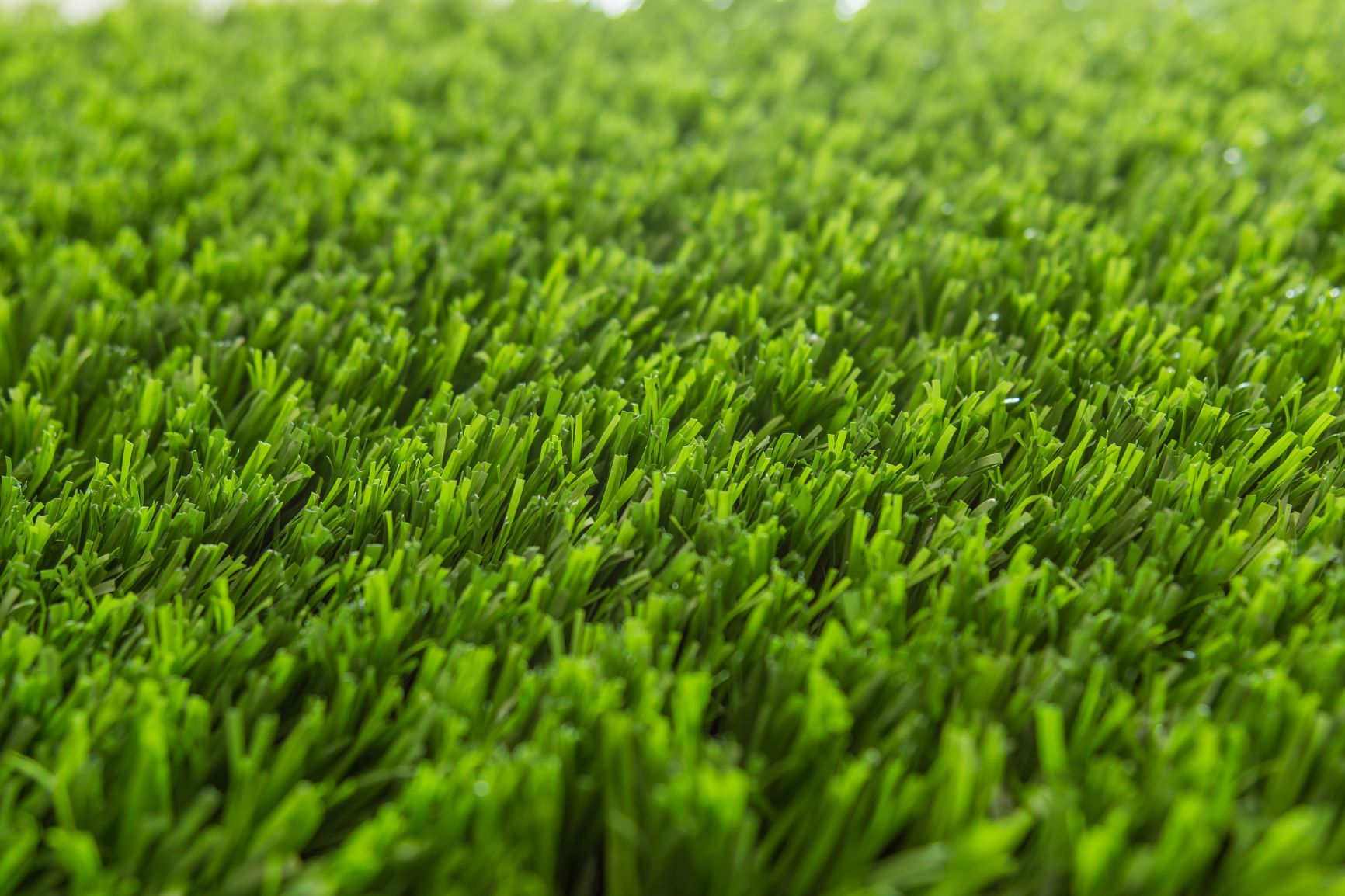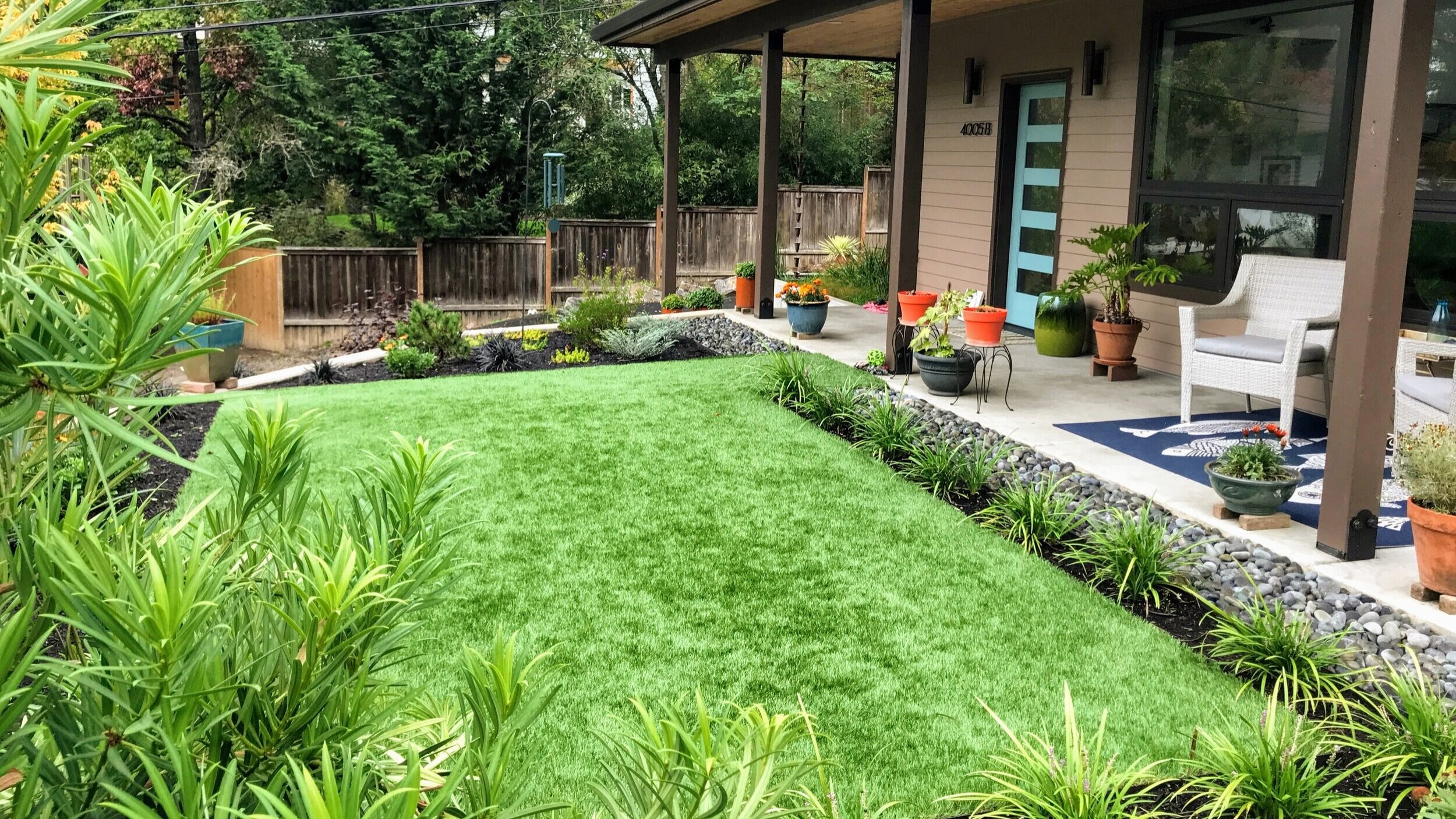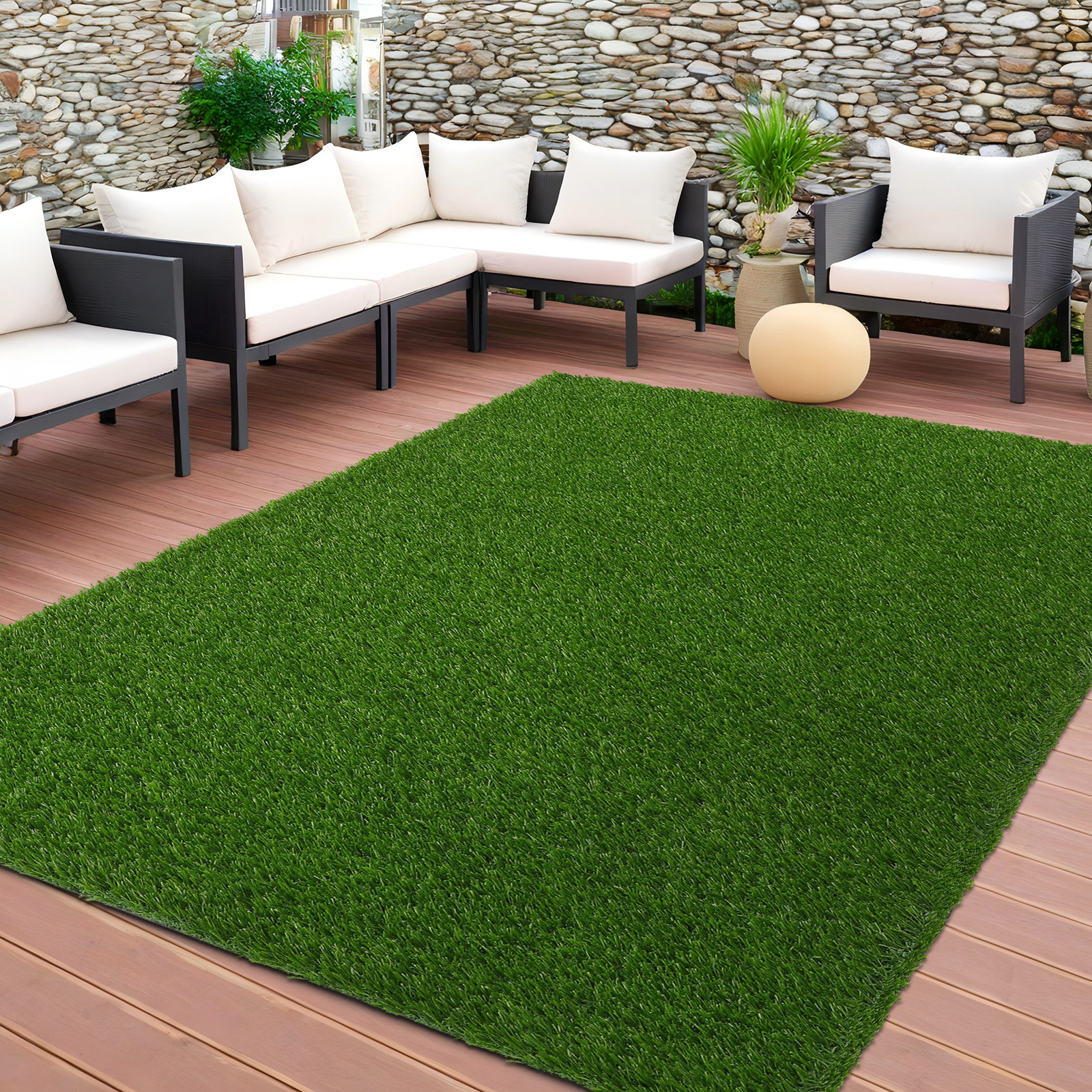Choose the Leading Turf Installation Phoenix AZ Solutions for Your Home or Commercial Property
Choose the Leading Turf Installation Phoenix AZ Solutions for Your Home or Commercial Property
Blog Article
Look Into the Environmental Perks of Opting for Artificial Turf Solutions
The fostering of synthetic grass solutions provides an engaging chance to resolve pressing ecological challenges. By substantially minimizing water usage and minimizing the application of hazardous chemicals, these options not only advertise lasting landscape design yet also protect neighborhood environments. The lower carbon impact linked with lowered maintenance activities contributes to a much more lasting approach to land administration. The ramifications of these advantages extend past mere preservation initiatives, increasing inquiries concerning their lasting influence on environment preservation and overall environmental balance. Discovering these measurements discloses an intricate interplay worth thinking about.
Water Preservation Conveniences
One of the most substantial benefits of fabricated grass is its capacity to save water. In comparison, artificial lawn does not need watering, substantially reducing the general demand for water resources.
By eliminating the need for normal watering, synthetic grass contributes to sustainable landscape practices and assists alleviate the environmental influence of too much water intake. In addition, the preservation of water reaches the decrease of overflow, which can lead to dirt disintegration and river contamination.
Additionally, the installment of man-made turf permits property owners and districts to assign water resources more effectively, concentrating on important usages such as alcohol consumption water and farming. The shift in the direction of synthetic grass not just advertises responsible water usage yet additionally straightens with wider environmental goals intended at maintaining natural deposits.
As communities increasingly focus on sustainability, the water conservation advantages of synthetic grass present a compelling case for its fostering in household and industrial landscape design projects.
Lowered Chemical Use
The shift to synthetic grass dramatically reduces the reliance on chemical therapies frequently made use of in all-natural yard upkeep. Traditional turf monitoring commonly entails the application of herbicides, chemicals, and fertilizers to advertise growth and control insects. These chemicals can posture threats to human health and wellness, neighborhood wild animals, and the setting, adding to soil and water contamination.
On the other hand, synthetic grass gets rid of the need for these dangerous materials. When installed, it calls for marginal maintenance, largely including normal cleansing and irregular infill replenishment. This decrease in chemical use not only profits the immediate setting but additionally contributes to more comprehensive eco-friendly stability. By reducing the launch of synthetic substances right into the ecological community, artificial turf promotes healthier soil and water supply.
Moreover, the absence of chemical drainage associated with man-made lawn setups helps protect regional rivers from air pollution, supporting marine life and maintaining biodiversity. Arizona artificial turf. As neighborhoods significantly focus on sustainable practices, opting for man-made lawn presents a viable option that straightens with ecological conservation goals. Via this change, homeowner can take pleasure in rich green areas without compromising ecological health and wellness, leading the way for a much more lasting future
Reduced Carbon Footprint

In addition, the installment of artificial turf can result in considerable water preservation. All-natural lawns call for substantial quantities of water for irrigation, which not only includes to the carbon footprint related to water extraction and treatment but likewise pressures neighborhood water resources. In comparison, synthetic grass needs minimal upkeep, needing no watering, thus substantially decreasing water usage and its linked energy prices.
In addition, the long life of synthetic grass adds to its decreased carbon effect. With a life-span of as much as 15 years or even more, the requirement for frequent replacements is reduced, causing less waste and reduced energy usage in manufacturing and throwing away traditional lawn choices. Generally, synthetic grass offers a sustainable choice for eco conscious landscaping.
Environment Conservation
Environment conservation is a vital factor to consider in the discussion over landscape design choices, especially when comparing synthetic turf to natural turf. All-natural turf lawns commonly require extensive maintenance, consisting of using herbicides, chemicals, and plant foods, which can negatively affect regional environments. These chemicals can seep into the soil and rivers, harming native vegetation and fauna and disrupting neighborhood environments.
Synthetic lawn gets rid of the requirement for dangerous chemicals, therefore shielding nearby wild animals and keeping the honesty of surrounding environments. The setup of man-made turf can lead to the conversion of former turf areas into even more biodiverse landscapes, such as pollinator yards or native plant areas, which can read more sustain neighborhood wild animals.
Ultimately, the change to artificial lawn not just preserves water and minimizes upkeep efforts yet likewise fosters an extra unified partnership in between human activities and the all-natural environment, advertising environment preservation while doing so.
Long-Term Sustainability
Lasting sustainability is a crucial consider assessing the advantages of fabricated turf over traditional turf yards. Among one of the most substantial advantages of synthetic grass is its resilience; it can last approximately 15-20 years with marginal upkeep, whereas all-natural lawn calls for constant reseeding and replacement. This durability reduces the need for consistent sources, such as water, plant foods, and chemicals, which are crucial for keeping a healthy and balanced grass lawn.
In addition, artificial lawn adds to a reduction in carbon discharges associated with lawn treatment equipment. Standard lawns usually need gas-powered mowers, leaners, and blowers, every one of which add to air pollution. Artificial turf companies phoenix. On the other hand, artificial lawn gets rid of the requirement for such equipment, promoting a cleaner environment
Furthermore, the production of synthetic grass progressively uses recycled products, boosting its sustainability account. As makers take on green practices, the environmental impact of synthetic grass proceeds to reduce.

Final Thought
The adoption of synthetic grass services presents substantial environmental benefits, consisting of substantial water conservation, lowered dependence on unsafe chemicals, and a reduced carbon footprint. Man-made lawn help in protecting natural environments by decreasing land disturbance and promoting long-term sustainability with the use of durable products. Collectively, these factors highlight the capacity of synthetic grass to contribute positively to environmental health and supply a feasible choice to standard landscape design practices in an increasingly resource-conscious globe.
In contrast, synthetic lawn does not need watering, considerably lowering the total need for water resources. By reducing the release of synthetic substances right into the environment, man-made grass promotes much healthier dirt and water systems.
In addition, the installation of man-made lawn can result in substantial water preservation. In contrast, man-made grass requires about his minimal upkeep, needing no watering, thus dramatically minimizing water usage and its associated energy costs.

Report this page